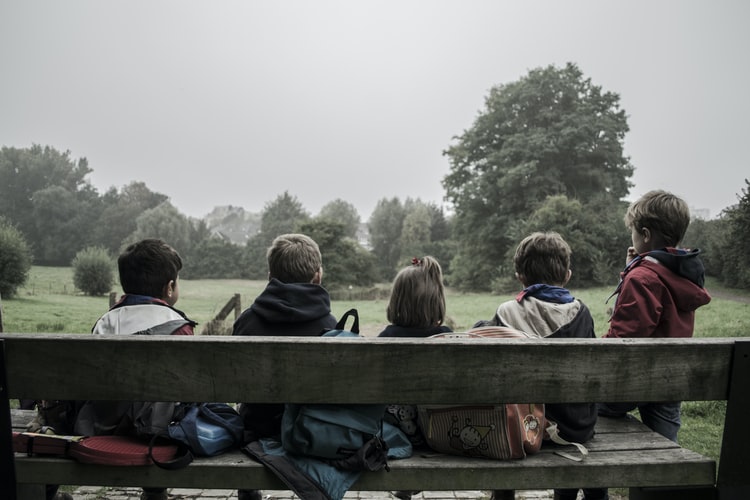If you suspect your child has hearing loss, it’s important to get them tested and treated right away. Untreated hearing loss in children can lead to delayed speech and language skills, learning problems in school, poor self-esteem and difficulty making friends.
Even if your child is currently being treated for their hearing loss, they may still have a hard time socializing with others. We’ve compiled some tips to help your child develop essential social skills they’ll use throughout their life.
Early Years

Below are some strategies for socialization during the early, pre-school years.
- Schedule play dates. Meeting up with other parents and kids your child’s age is beneficial because your child can practice interacting with other babies and also listen to you interact with other adults.
- Find hearing loss-friendly environments. Even with the use of hearing aids or cochlear implants, situations with background noise are especially difficult for people with hearing loss. Make sure playdate settings are in quiet settings free of TV and radio sounds in the background. Smaller playdates with just one or two other children are ideal.
- Educate other parents. Talk to other kids’ parents about your child’s hearing loss, treatment and expectations that your child will develop speech-language skills alongside their normal-hearing peers. Destigmatizing hearing loss will benefit everyone.
- Model conversational skills. Be sure to expose your child to healthy conversations, modeling skills that you hope they will develop in time.
- Teach empathy. One of the most important aspects of friendship is the ability to read the emotions of others and respond appropriately. Use every available opportunity to talk about your child’s feelings and the feelings of others in the family.
School Age
It’s important to continue supporting your child’s social development once they’re in school.
- Meet other families. Connect with the families of your child’s school friends and schedule playdates. It’s often the case that one good friendship can open the door to others.
- Enroll in after school activities. Support your child’s interest by enrolling them in after school programs they’re interested in. Make sure your child is invested in the activity; don’t force them into sports or extracurriculars you’re excited about but they’re not.
- Talk with your child’s instructors. Educate teachers about your child’s hearing loss and what their needs are. It’s also important to discuss your goals for their social development and ask the instructor to contact with you about any concerns.
For more information about childhood development or to discuss communication strategies with an expert, call Evergreen Speech & Hearing Inc. today.